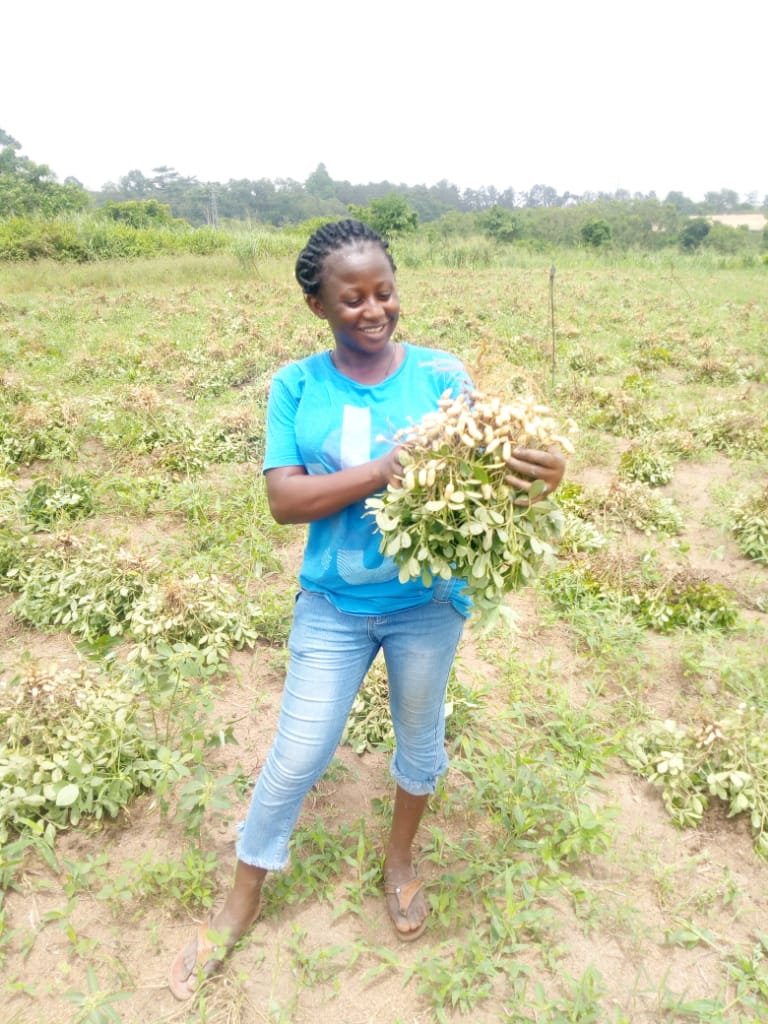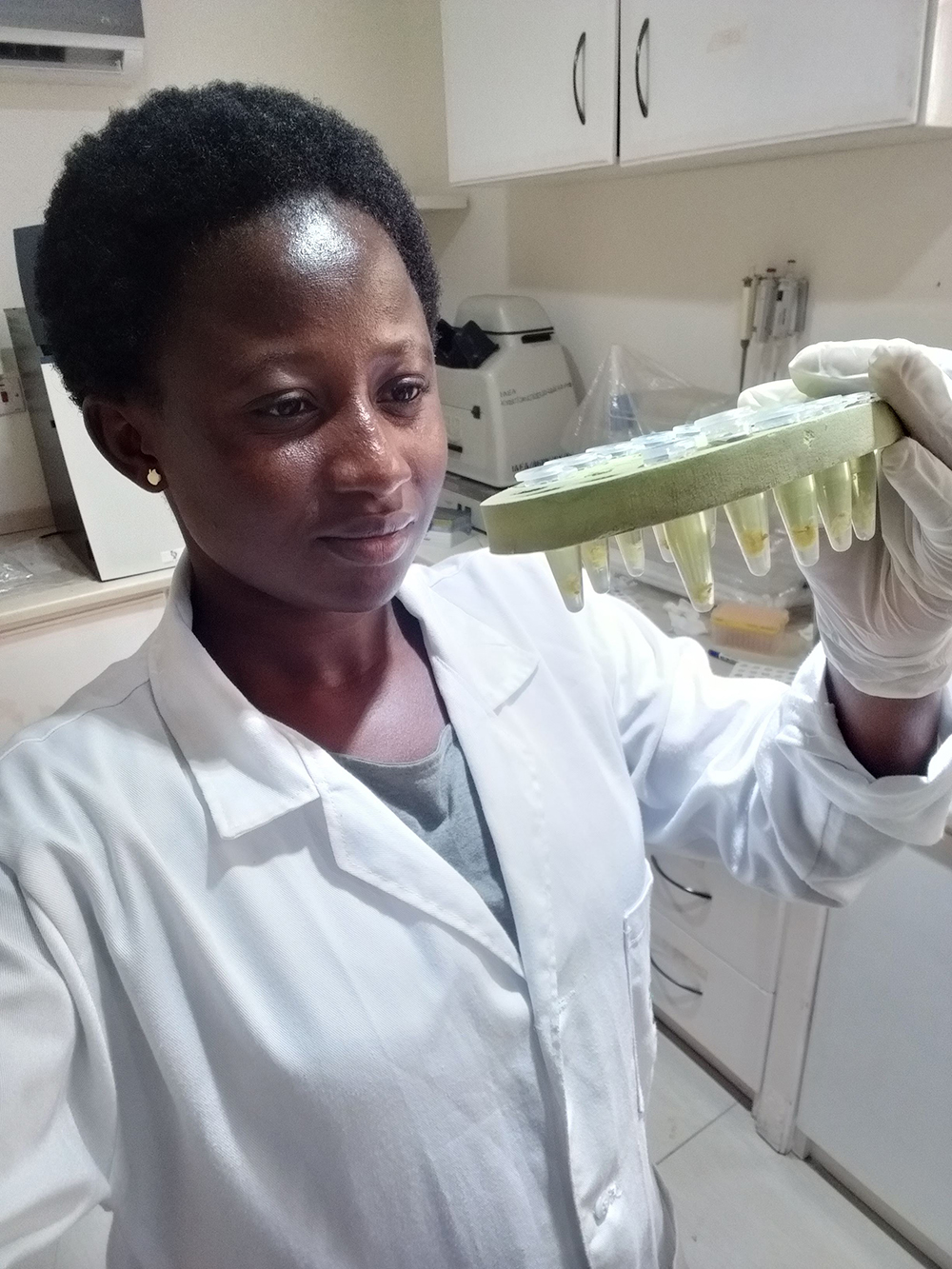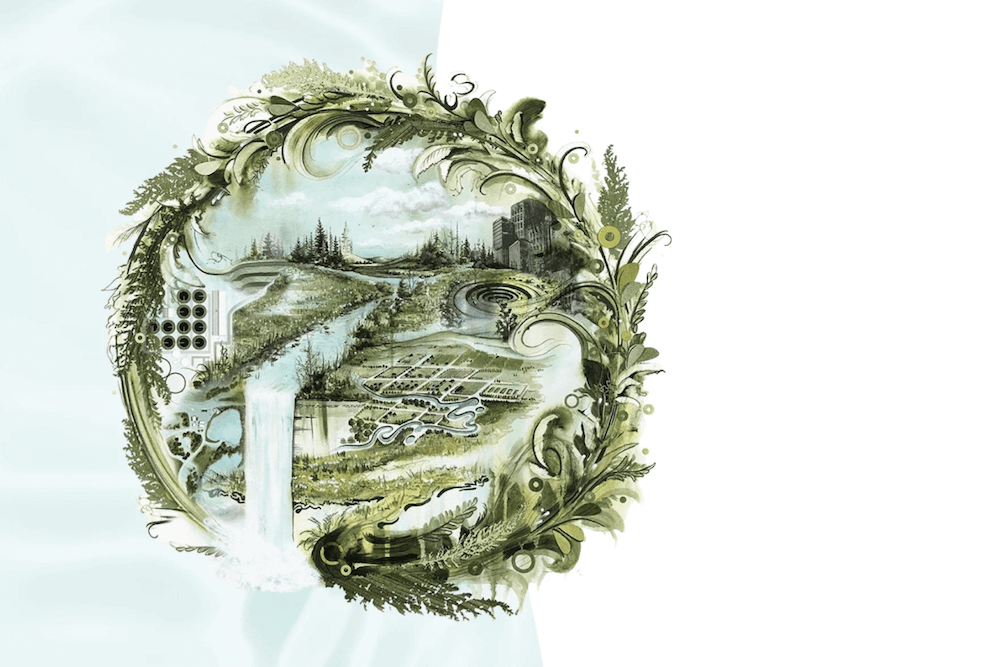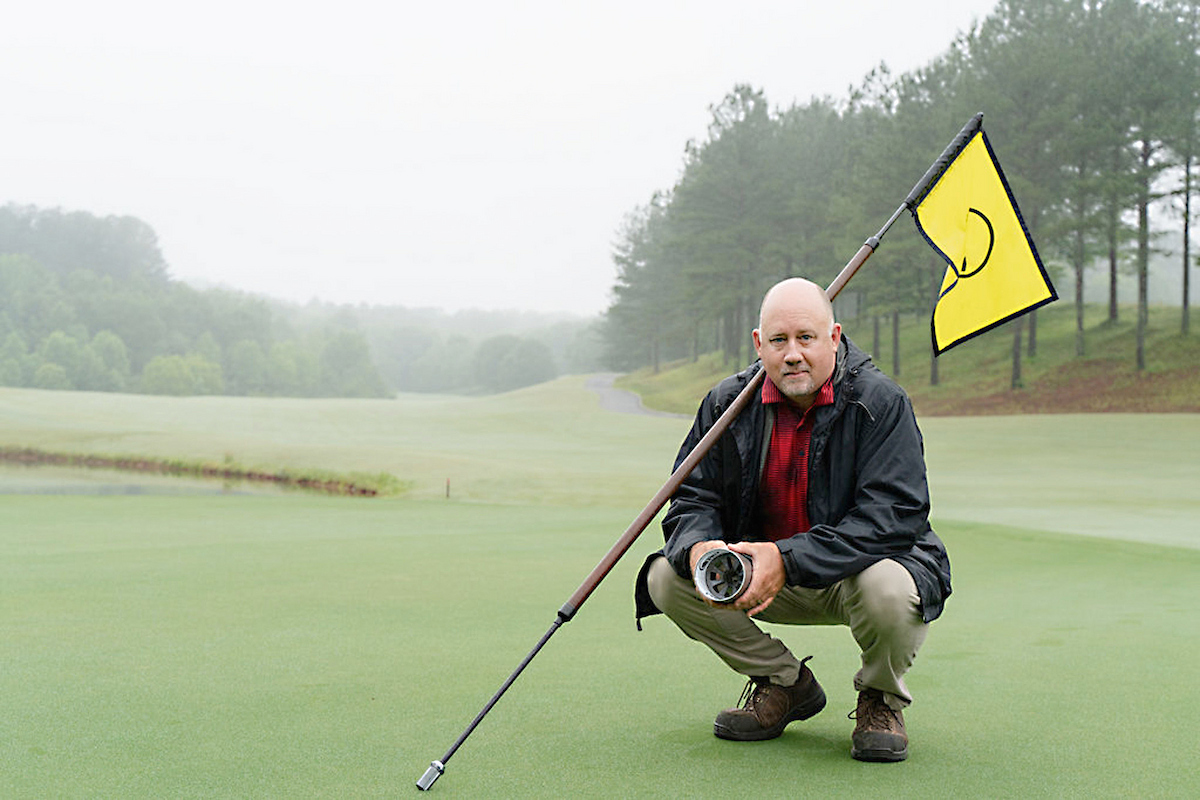Groundnut is an important crop in the northern savanna of Ghana, where 74% of smallholder farmers grow at least some groundnut, according to a 2011 study by IFPRI.
Unfortunately, productivity falls far short of the potential of 3.5 metric tons per hectare achieved by farmers in the United States, a gap that some experts see as a problem with the seed itself. A student researcher supported by the Feed the Future Innovation Lab for Peanut seeks to better understand why farmers choose the seed they do and what quality their seed has, compared to certified seed.
“Though many factors may account for the yield gap, limited access to and use of high quality seeds pose a major constraint to the high productivity of peanuts in the country,” said Jennifer Abogoom, a master’s student researching seed quality and attitudes on farms in Ghana. Certified seeds are used far less in the cultivation of peanut than in other crops such as maize and cowpea, Abogoom said.
“Most farmers use seeds from their own stocks or purchase seeds from the local open market. The problem is that the seed obtained from these sources is often poor quality due to poor storage and other seed management issues,” she said. A student at Kwame Nkrumah University of Science and Technology (KNUST) in Kumasi, Abogoom is pursuing a master’s degree in seed science and technology.
In her research project, Abogoom sought to find out where farmers get seed, whether they believe the seed they plant is good quality and what are their perceptions of certified seed. Specifically, she collected and evaluated seed from 46 farmers and 45 vendors at local markets in five peanut-growing regions of Ghana – the Upper East, the Upper West, Northern, Bono East and Ashanti regions, as well as the two national research institutes responsible for peanuts. She also surveyed 200 farmers randomly selected from across the peanut-growing regions of the country to take a snapshot of farmer profiles and their attitudes about seed.
While most of the smallholder farmers had more than five years’ experience cultivating peanut, half had no formal education. One-third reported that they grow peanut solely for household consumption, while two-thirds expect to generate some income from the activity.
Abogoom found that farmers do know the importance of high quality seed, but few are able to buy seed. Low-literacy, subsistence farmers instead find it more practical to save their own seed year to year.
“It is interesting that they do know the importance of buying high quality seeds, but are limited by factors such as low income and access to certified seed,” she said. “Saving seed is something that has been done over the years, so buying certified seed is a new concept to many farmers.”
She sees a systemic problem, though. With little demand for certified seed, companies don’t have an incentive to invest in the scaled production of seed, which might lower the cost. At the same time, farmers can’t afford the cost of seed, which means they don’t have access to guaranteed quality seed and improved varieties, keeping yields and profitability low and therefore negating a demand for certified seed.
Nearly 60% of farmers also reported that they don’t test seed for germination before planting for the season. Most said they either didn’t know how or didn’t have time. Farmers thought their own saved seeds were high quality, but some of the seed she collected from farmers failed to germinate at all.
Now, she is using molecular techniques to assess the genetic purity of farmer-saved seed. While many farmers believe they know what variety they are growing, a widespread assessment of germplasm grown across Africa as a commissioned project under the Innovation Lab is finding that lines are not always pure, and the names given to varieties change over time.
Abogoom remembers planting groundnut with her grandmother as a child and knows now that they were using seed saved from the previous year’s crop.
“We planted saved seed,” Abogoom says. Today, she would prefer certified seed.
As she finishes the project, which is conducted under the supervision of KNUST Professor Richard Akromah and Senior Lecturer Robert Aidoo, Abogoom hoped to graduate early next year and continue her education toward a PhD and career in agricultural research.




